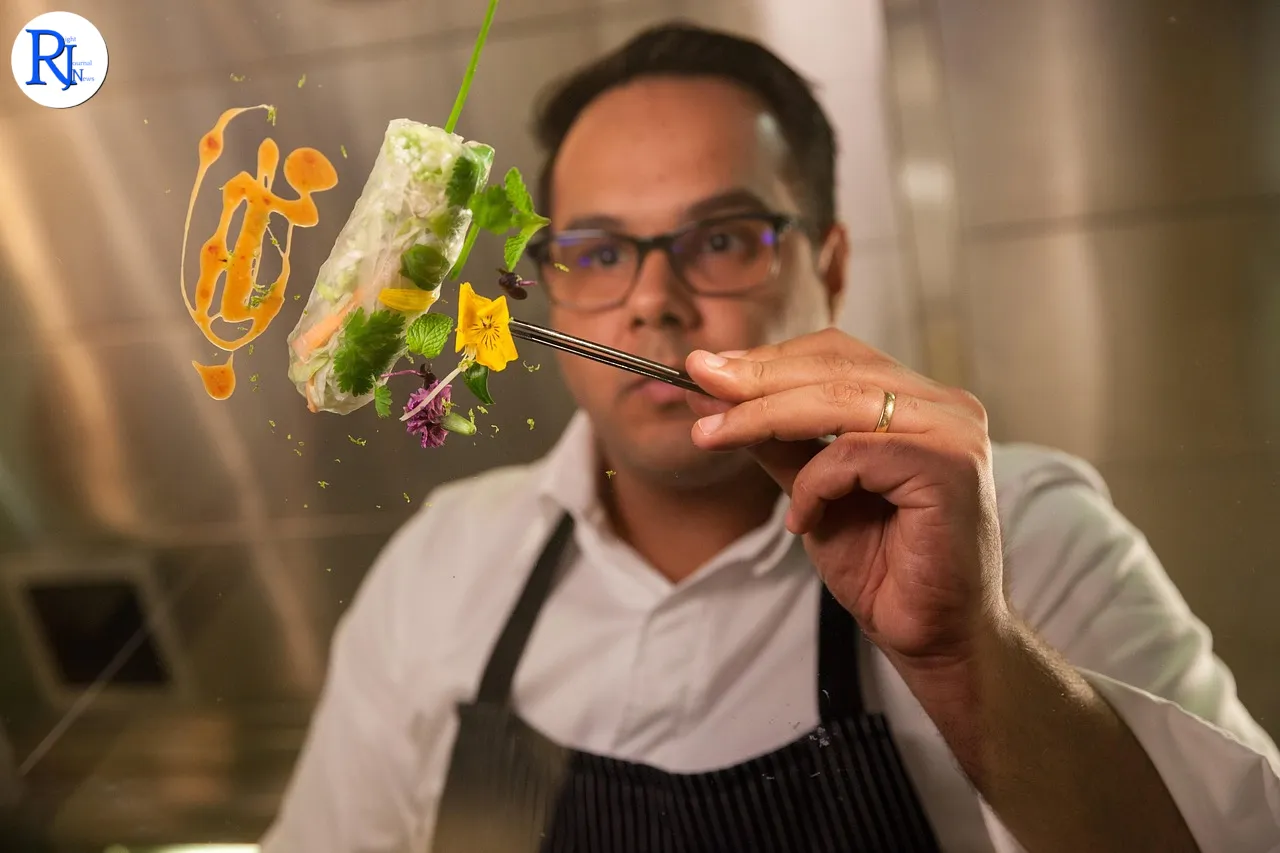In the evolving landscape of fine dining, Michelin stars, once the ultimate accolade for chefs, are now being reconsidered by many in the culinary world. The Michelin Guide, often referred to as the “red book,” has long been a benchmark of excellence. However, recent developments suggest that the pressure associated with maintaining these stars is prompting some chefs to question their value. In October, Giglio, a restaurant in Lucca, Italy, famously requested the removal of its Michelin star, citing the heavy burden it imposed.
A Shift in Culinary Perceptions
The request by Giglio’s co-owner, Benedetto Rullo, highlights a significant shift in the culinary industry. Rullo expressed that the Michelin star led potential diners to expect an overly formal dining experience characterized by intricate and “fussy” dishes. He argued that such expectations deterred a more casual clientele who might prefer a relaxed atmosphere where they could dine in comfortable attire like T-shirts and flip-flops. This sentiment reflects a broader trend where restaurateurs are prioritising accessibility and comfort over the traditional fine dining model.
This change in perception towards Michelin stars is not an isolated incident. Across the globe, chefs and restaurant owners are increasingly vocal about the pressures these accolades bring. In some cases, the desire to maintain a star can lead to creative limitations, financial strain, and an overwhelming sense of stress, affecting the overall dining experience they wish to offer.

The Michelin Guide’s Relevance in Question
The Michelin Guide, first published in 1900, has historically been the gold standard for evaluating restaurants. However, its relevance is being questioned in the modern dining era. The guide’s focus on formal dining experiences and complex culinary techniques seems at odds with the current trend towards casual, innovative, and diverse gastronomic experiences.
Critics argue that the guide’s criteria can sometimes be out of touch with contemporary dining preferences. Many diners today prioritise sustainability, local sourcing, and innovative flavours over traditional markers of fine dining. As a result, some chefs feel that the guide’s standards do not align with their culinary philosophies, prompting them to forgo the pursuit of stars altogether.
The Pressure of Perfection
Holding a Michelin star is often associated with an immense pressure to deliver perfection consistently. This pressure can lead to a high-stress environment for chefs and their teams, potentially stifling creativity and innovation. Some restaurateurs argue that the pursuit of a Michelin star can overshadow the true essence of hospitality—providing an enjoyable and memorable experience for all diners.
Chefs like Marco Pierre White, who famously returned his stars in 1999, have long warned about the psychological toll of maintaining such accolades. White’s decision was driven by a desire to cook freely without the constraints imposed by the expectations of Michelin inspectors. His sentiments resonate with a new generation of chefs who are prioritising mental well-being and creative freedom over traditional accolades.
A New Era of Dining
Despite the criticisms, Michelin stars continue to hold significant prestige in the culinary world. For many chefs, they remain a symbol of excellence and a testament to their skill and dedication. However, the evolving attitudes towards these accolades suggest a broader transformation within the industry.
The rise of social media and food blogs has democratized the way culinary experiences are shared and critiqued. Diners now have access to a multitude of platforms to discover new restaurants, often relying on peer reviews rather than traditional guides. This shift has allowed chefs to engage directly with their audience, fostering a sense of community and collaboration that transcends the traditional critic-diner relationship.
Looking Ahead: The Future of Fine Dining
As the dining landscape continues to evolve, the role of Michelin stars in shaping culinary careers remains a topic of debate. While some restaurateurs may choose to distance themselves from the pressures of these accolades, others continue to strive for the recognition they represent. Ultimately, the decision to pursue or relinquish a Michelin star is deeply personal, reflecting each chef’s unique vision and values.
The future of fine dining may well lie in a more inclusive and flexible approach, where the focus shifts from rigid standards to a celebration of diversity and innovation. As chefs continue to push boundaries and redefine what it means to offer a memorable dining experience, the industry may see a new era where prestige is not solely defined by stars, but by the joy and satisfaction of both the creators and their patrons.

